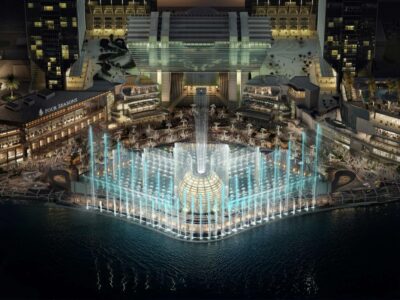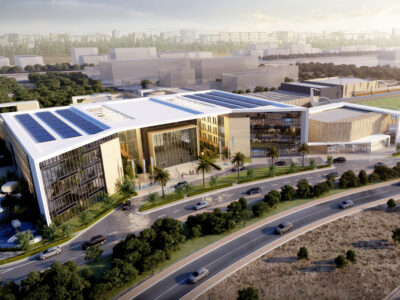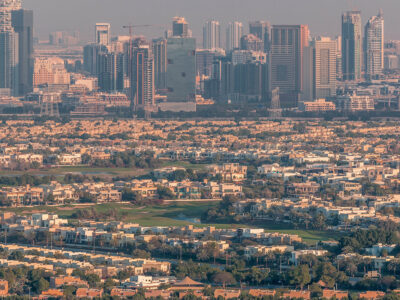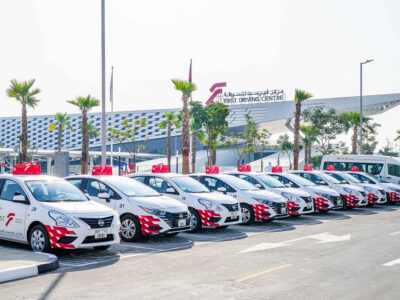Saudi Arabia plans on boosting petrochemical production in the kingdom by adding new plants which will rely less on gas and more on liquid hydrocarbons for feedstock, the country’s oil minister has said.
Nearly half of Saudi gas is produced as a by product of crude, so volumes fluctuate with oil output.
Speaking at the inauguration of phase one of the $10.3 billion Rabigh Refining and Petrochemical (PetroRabigh) complex, Ali al-Naimi said that the world’s top oil exporter would also be looking to integrate these new plants with existing refining capacity.
“We are now working on boosting our current capacity of petrochemicals that depend on gas by installing new facilities that rely on liquid hydrocarbons, and merging these facilities with refining capacity assets,” Naimi said.
Saudi gas demand has risen with an economic boom financed by record crude export revenues as the oil price rallied from 2002 to 2008.
Economic momentum continues, despite lower oil prices, as the kingdom presses ahead with projects to diversify away from dependence on crude oil sales.
Lower global demand has forced the kingdom to pump oil at the slowest rate for six years, so some gas supply has been lost.
But drilling activity at gas fields was increasing even as oilfield work slows down.
The giant petrochemical complex which is managed by PetroRabigh is a joint-venture with Sumitomo Chemical
Naimi said that the company was still studying plans on a further expansion of the facility which processes 400,000 barrels per day (bpd) of crude, accounting for 19 percent of Saudi’s total refining capacity.
“Saudi Aramco and Sumitomo are currently studying the possibility of expanding through another project called PetroRabigh Two,” Naimi said.
In an interview with Reuters Saudi Aramco’s chief executive Khalid al-Falih said that a final investment decision on the project would be taken by the end of 2010.
“Our conceptual preliminary assessment is that its going to be a viable project,” Falih said.
“Of course we have to look at licensing, we have to look at cost estimates, we have to look at financing and all of this would be confirmed during 2010.” (Reuters)








